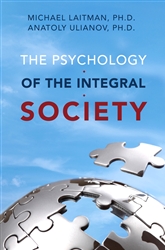
1. Voluntary and Free
“Voluntary and free” refers to the choice of one’s actions and deeds until the person (whether a child or an adult) becomes certain that he is acting according to his conviction, the analysis he has made, and the decision he has reached. As long as he is not certain about the next move, he doesn’t do it.
And when he acts in life, or “makes a move,” just as in a game, he clearly knows that he is doing it himself. He has reached this conclusion on his own and is acting this way on his own.
2. Make Believe
A game is always “make-believe.” A child has to know that it’s a game.
3. Spatial Zone and Time
A game has a spatial zone and a time, meaning there is a beginning and an end to the game, and certain spatial boundaries.
4. Rules
A game always comes with rules.
5. Process is primary. Result is secondary
What’s important is the process of the game, while the result of the game is secondary. … As soon as a result appears in a game, it stops being a game.
The above points were taken from the book The Psychology of the Integral Society by Dr. Michael Laitman and Dr. Anatoly Ulianov. Also available as eBook (PDF, Kindle & ePub formats).


As I was taught in college, (early childhood education major) in the 1980’s, these were very important aspects to consider when teaching children. Since children learn through their innate curiosity and experience, teachers really only had to guide the children within the proper setting and focus on process over product. Children learned through play and their interactions with each other. Unfortunately, I see very little of this within my own childrens’ classrooms today. Our school systems are much more concerned with test scores and where the school ranks within the country. Very sad for our children. I wish the administrators would read this book!